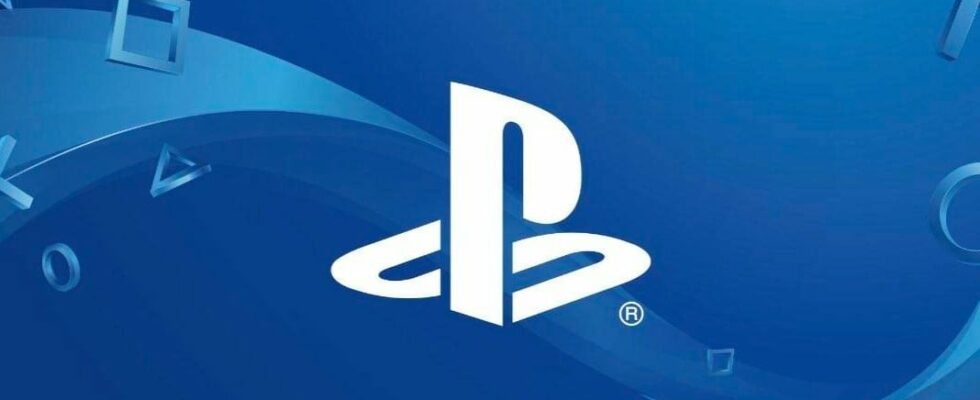It’s official, Sony will have to pay millions of euros in fines, and it’s all because of its controllers. But what could have happened at the manufacturer?
You read correctly, Sony will soon have to pay out and pay millions of euros. Such a fine is bound to raise a number of questions. So what did the Japanese manufacturer do to inherit such a severe sanction? Well, obviously, it has to do with certain PlayStation 4 accessories which therefore belong to the company. You’ll see, it’s quite a deal.
PlayStation must pay millions over PS4 controllers
It was the Competition Authority that brought the ax down on the Japanese giant. As a reminder, this is a French agency whose goal is to fight against anti-competitive practices. In total, he must pay the modest sum of 13.5 million euros. The reason behind this conviction? A potential abuse of dominant position in the video game console accessories market. To be more precise, it’s the PlayStation 4 controllers that seem to have been the problem for a few years.
But then, what exactly happened with these PlayStation controllers? In fact, Sony put in place fairly radical technical measures to counteract counterfeits of the Dualshock 4. It’s simple, they could disconnect the famous controllers which did not have official licenses. Except that sometimes, it wasn’t even counterfeits that were impacted. As a result, it did not go through too much with the Competition Authority, as you can read below.
To justify these countermeasures, Sony maintains that they made it possible to fight against the counterfeiting of its intellectual property rights. If the Authority considers that Sony is pursuing a legitimate objective by taking measures to combat counterfeiting, it nevertheless emphasizes that these measures are not proportionate to this objective.
Indeed, the disconnection of game controllers, other than those sold by Sony and those licensed, affected all third-party controllers, whether or not they were counterfeits. According to the Authority, the absence of a license cannot be sufficient to establish that the controllers are counterfeits. Since then, Sony took deactivation measures that affected indifferently infringing controllers and unlicensed but non-infringing controllers.
A vague licensing policy
Unfortunately, the story doesn’t end there. Indeed, Sony has also implemented a vague licensing policy. In short, it makes access to the partnership program called “OLP” more difficult. This grants third-party manufacturers an identification number for each PlayStation controller. This is precisely what makes it possible to avoid the famous disconnections that we talked about above. Once again, the Competition Authority is not letting this pass, especially since these measures seem to have emerged at a time when the market was opening up to competition.
The combination of these two practices significantly damaged the brand image of the affected third-party manufacturers, both vis-à-vis players and distributors, slowing down their expansion on the market and leading to their possible eviction..
